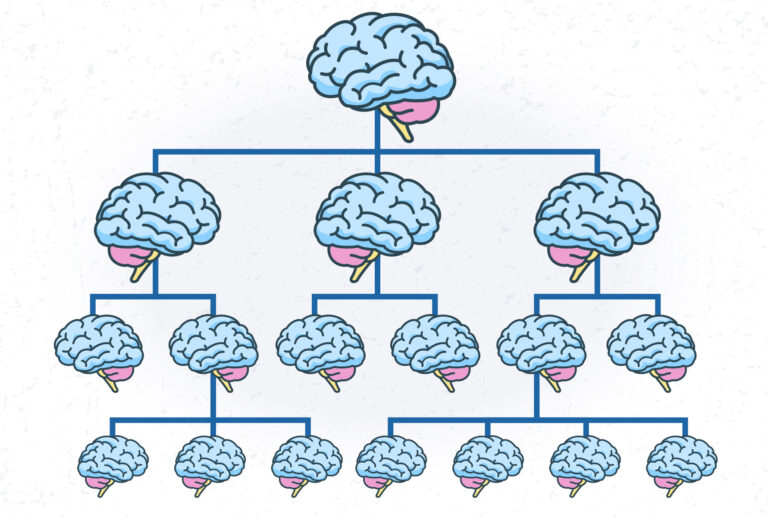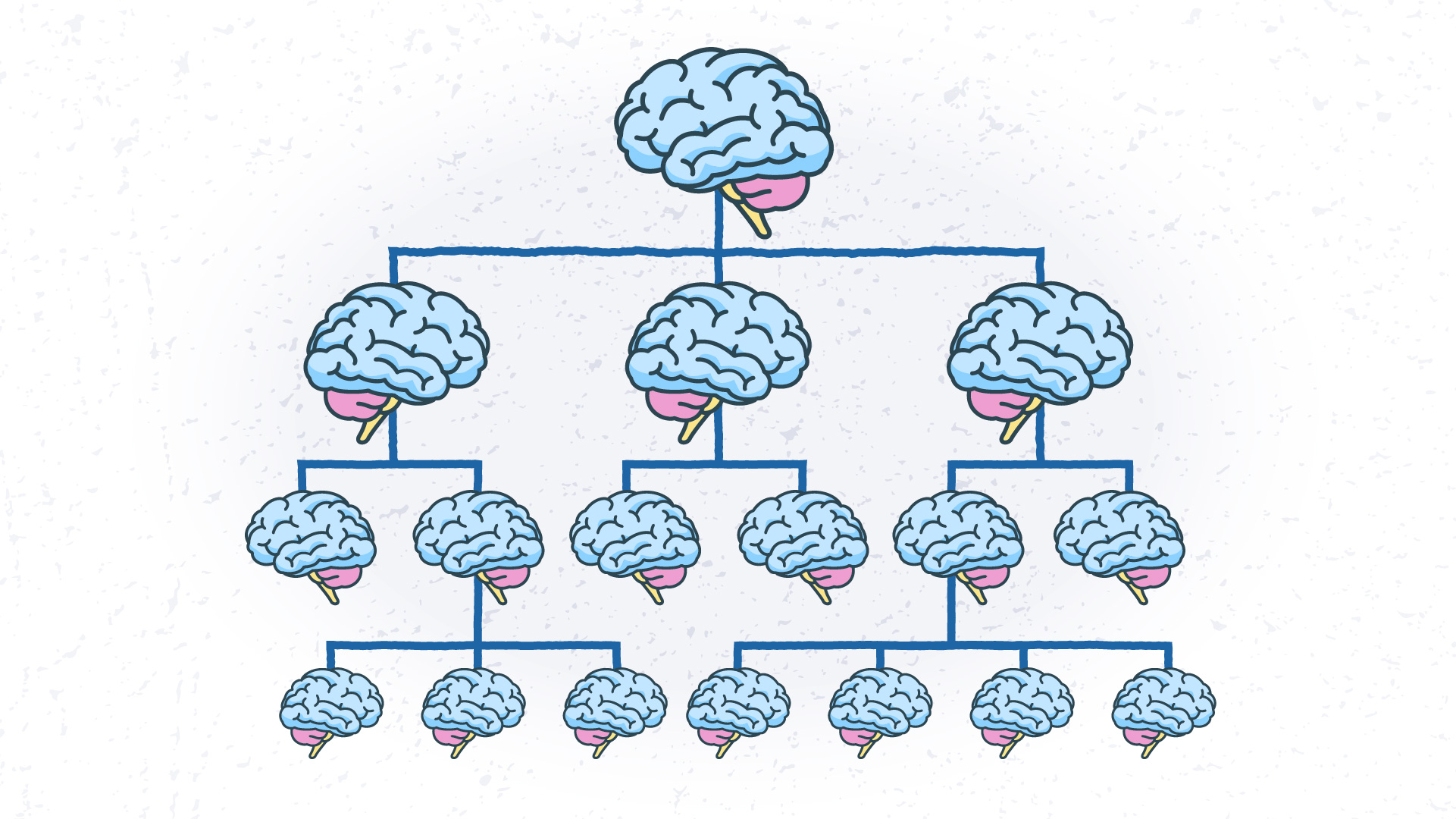
Funded by a $10.8 million Defense Advanced Research Projects Agency contract, the initiative aims to transform how organizations store and manage data.
Knowledge management is a major challenge for large organizations. From policies and procedures to documents and doctrine, data is often left unstructured, unindexed and dispersed across multiple legacy systems. This raises an important question: Is there a knowledge management tool that can find the right information and deliver it to the right people at the right time?
Researchers at SRI International, an independent nonprofit research institute, are tackling the problem with the Adaptive Task Help Emerging from Natural Annotations project, known as ATHENA.
Funded by the Defense Advanced Research Projects Agency (DARPA), the KMASS (Knowledge Management at Scale and Speed) program, ATHENA, aims to help develop the knowledge management tools of the future. The three-year, $10.8M research project will develop innovative methods to capture and disseminate information employees need to successfully perform their roles while minimizing disruption.
“There can be this kind of hard-won experiential knowledge that organizations or employees accumulate over the years,” said Karen Myers, Lab Director of SRI’s Artificial Intelligence Center.“Wouldn’t it be great if there were ways to have that information actively shared within an organization, so people didn’t have to continually rediscover it?”
Solving the knowledge management problem
KMASS and ATHENA seek to create a technology that understands the context of documented knowledge and the specific user who needs information. They do so by developing, evaluating and demonstrating systems that effectively apply documented knowledge and acquire new knowledge as part of standard workflows.
The SRI-led ATHENA project specifically focuses on leveraging artificial intelligence (AI) technologies to enhance how organizations capture and manage information, collaborate across disciplines and knowledge gaps and disseminate knowledge efficiently in a context-aware manner.
“SRI is looking to understand what humans are doing and what information could be most valuable to them,” said Myers. “We’re using machine learning techniques to help us do that. If user behavior can be observed over time, we can start to build up a model and learn not just from their experience, but learn from the experiences that people like them have had in similar situations.”
The project involves SRI’s Artificial Intelligence Center, Speech Technology and Research Laboratory and the Center for Vision Technologies. These labs are working together on technology to retrieve multi-modal information (text, audio, visual, etc.), model user behavior and uncover contextual information to disseminate task-aware knowledge specific to the current need.
SRI has partnered with two private companies to develop ATHENA: i2k Connect, which provides expertise and technology for finding textual information within large-scale document repositories, and Pacific Science & Engineering Group, which will design methodologies and user interfaces for the collection and dissemination of experiential knowledge.
A significant challenge is understanding what information would be most valuable to users during a given task. By observing user behavior over time, ATHENA can learn the user’s processes and preferences, what they’re good at and what they struggle with and compare them to people with similar experiences. Imagine, for example, if the next time a worker learned a new task, they received a notification containing helpful information from others’ experiences.
The other side of the problem, knowledge capture, is also critical to the success of future knowledge management systems. Users need mechanisms that will enable them to quickly and naturally document insights that could help colleagues when faced with similar challenges in the future—for example, how best to configure a piece of software for a particular task or what corporate policies apply to an unfamiliar task. The key challenge is to make the capture occur “in the flow” of problem solving, rather than requiring the user to disengage from the current task to record their insights.
Efficiently distributing knowledge across an organization has multiple applications and benefits. From increasing the impact of experienced individuals to quickly onboarding new staff, practical knowledge management helps organizations build on what has come before rather than rebuilding with every new employee. Indeed, says Myers, projects like ATHENA are helping to define the future workplace, demonstrating how AI technologies can enhance how organizations manage data and how workers can better collaborate.
This work is supported by the U.S. Army Research Office (ARO) and Defense Advanced Research Projects Agency (DARPA). The content of the information does not necessarily reflect the position or the policy of the Government, and no official endorsement should be inferred.



